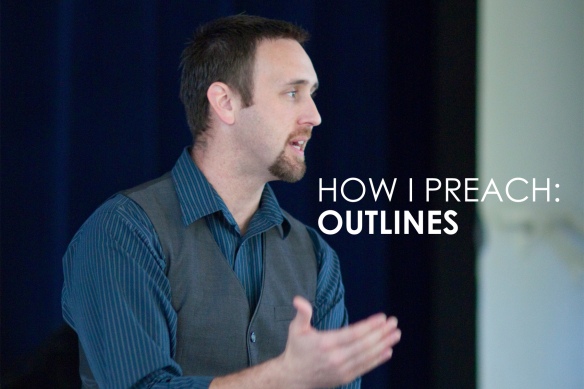 “They say, ‘This is what the Sovereign LORD says’–when the LORD has not spoken.”
“They say, ‘This is what the Sovereign LORD says’–when the LORD has not spoken.”
Ezekiel 22:28
We all want to know God’s will: for our lives, vocations, families, hardships, and relationships. Aside from what the Bible directly tells us though, how do we know what God’s will is for us? I mean, the Bible didn’t tell me which college to go to, that my wife’s name would be “Tiffany”, what to name my kids, or that I was suppose to plant a new church in Silicon Valley. How do you know for sure when God is telling you to do something? How do I know? How does anyone know? How can you know?!
Here are five quick principles to seeking confirmation regarding something you feel God is leading you toward:
- Consistent with Scripture. Jesus said, “Heaven and earth will pass away, but My word shall not pass away.” (Matthew 24:35) God doesn’t contradict what He’s already said. If what you’re considering to be “God’s will” goes against the grain with what God’s word clearly says, reconsider your direction. God’s will is always according to His word.
- Affirmation from others. God’s will for your life may not be popular with everyone you know. That’s not what I’m saying. What I am saying, is that God strategically places people in our life to help us see our blind-spots. If all the people you trust spiritually are shaking their heads, there’s a strong chance you’re attempting to move outside of God’s will. In Matthew 18, while talking about confronting a brother or sister in Christ regarding a sin issue, Jesus adds, “..so that ‘every matter may be established by the testimony of two or three witnesses.’” God confirms His will through fellow Christ-followers. If there is an obvious lack of such, reconsider your direction.
- Clear direction. Proverbs 3:6, “In all your ways acknowledge Him, and He shall direct your paths.” God makes His will clear to us as we submit to His leadership. If your way seems very murky and unclear, it’s likely that God is not in it. And please note – there’s a substantial difference between clear and easy. Just because you know what God wants you to do, does not mean it won’t be a massive uphill battle.
- Motives in check. You must constantly be asking yourself the hard questions of understanding your own biases. I can convince myself that God has spoken or willed something over my life, when in reality “the Lord has not spoken” for me to pursue that. Much of the trouble we get ourselves into is for this very reason: we want something so bad that we convince ourselves that God wants it for us. This is why #2 is so important. Jeremiah 17:9 tells us, “The heart is deceitful above all things, and desperately wicked – who can understand it?” This is why you can’t “follow your heart”… you must learn to “lead your heart.” Acknowledge your biases. Do what God actually wants you to do, and one day your heart will thank you.
- Faith is relationship-oriented, not task-oriented. Don’t you just wish sometimes, that God would drop a scroll from the Heavens containing specific, personal instructions for our individual lives and scenarios? I know I have. So why doesn’t God do that? From what I read in Scripture, God is far more interested in us knowing HIM, than in knowing His will. Don’t get me wrong – He wants us to know His will. But His much greater desire is that we draw closer to Him… and we find His will in the process. God is far more interested in who we are becoming than in what we are doing.
I’m going to say with a high degree of confidence that if you have none or few of these going for you, you’re out of God’s will. Or if you’re trying to manipulate the reality that you’re missing these five things, you should probably focus on #4 and #5.
However, if all five seem to be coming together in almost supernatural ways – you’ll know. You begin to realize that God seems to almost be doing it without you! You still have a part to play, and there may be a great deal of work to do on your part. But you realize that His will is sitting right in front of you. That’s when you know you’re on to something! May you find the pure and perfect will of God in your life – and may you more so find and know Him more personally and intimately than ever.
Blessings,
Pastor John



